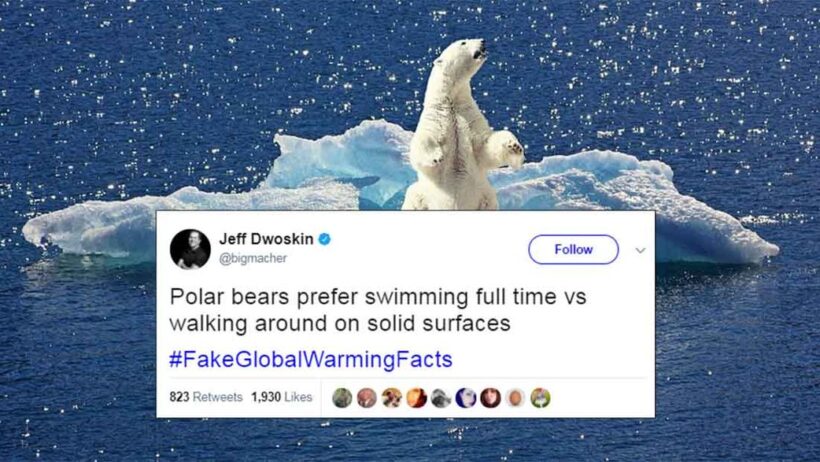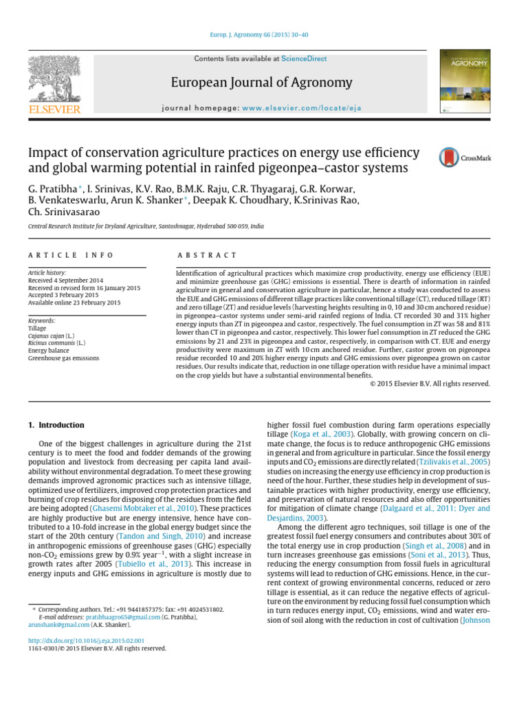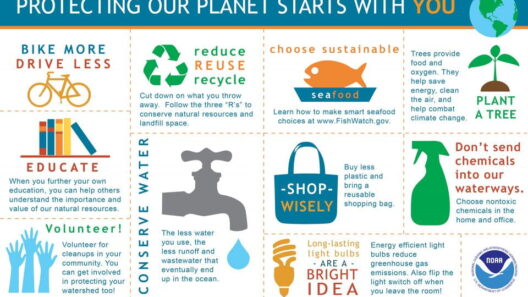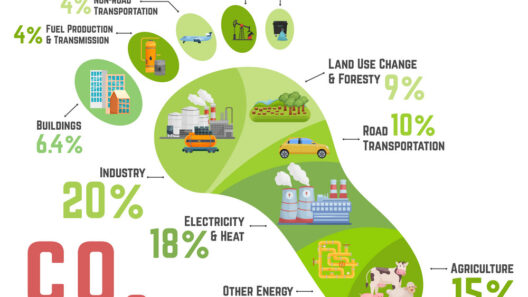Where does one draw the line between skepticism and denial? A rather provocative assertion has emerged: 30,000 scientists have allegedly rejected the existence of global warming. This claim beckons curiosity, conjuring questions about the authenticity and rigor of scientific inquiry. Is it plausible that a massive cohort of researchers can be swayed by misinformation? Or does the weight of empirical evidence overwhelmingly support the reality of climate change? Let’s explore these questions and dissect the narrative surrounding this controversial topic.
First and foremost, it is essential to delineate what is meant by “denying” global warming. Skepticism is an integral facet of the scientific method. It serves as a catalyst for verification and further inquiry. However, outright denial often indicates an unwillingness to accept established scientific consensus. The assertion of 30,000 scientists contrary to climate science has been propagated largely through misinterpretation or selective presentation of data, a tactic all too familiar in public discourse.
Interestingly, the origins of this claim can be traced back to a petition circulated by what is known as the Oregon Institute of Science and Medicine (OISM). This petition reached approximate numbers of signatories who were, it was claimed, opposed to the prevailing views on climate change. However, this creates a significant dilemma in how one validates scientific credibility. The individuals who signed the petition included a multitude of professionals with varying degrees of relevance to climate science, including electricians, engineers, and even a handful of scientists whose fields do not necessarily pertain to climate studies. Thus, the phrase “30,000 scientists” begins to unravel under scrutiny.
Critically examining the expertise of those making these claims reveals a glaring discrepancy. In the realm of climate science, a minute fraction of the scientific community diverges from the consensus articulated by organizations such as the Intergovernmental Panel on Climate Change (IPCC). The overwhelming majority of climate scientists agree on anthropogenic influences leading to global warming. Notably, the IPCC’s reports are compiled by hundreds of scientists from different parts of the globe, synthesizing findings across a diverse array of disciplines to ensure a comprehensive perspective on the issue.
Additionally, the peer review process is a cornerstone of scientific credibility. It acts as a guardian against unfounded claims. Papers presented in respected journals undergo rigorous evaluation by experts in the field, ensuring integrity and robustness of the findings. On the contrary, the claims derived from that 30,000 scientist petition lack this scholarly rigor. They bypass the mechanisms that hold scientific claims to standards of proof, weakening their impact and undermining their authority.
So, what might lead individuals to cling to the narrative of denial? Delving into cognitive psychology offers some intriguing perspectives. The concept of “cognitive dissonance” suggests that when confronted with conflicting information, individuals may choose steadfast belief over uncomfortable truths. The ramifications of accepting climate change can be daunting, encompassing lifestyle alterations, economic shifts, and uncomfortable societal implications. People often prioritize their comfort over confronting harsh realities, leading to denial or dismissal of scientific consensus.
Furthermore, the role of financial motivation cannot be overlooked. Corporate interests often align with climate skepticism, as admitting to climate change may necessitate policy changes that could threaten profit margins. Fossil fuel industries, in particular, have invested billions in campaigns to cast doubt on climate science. These efforts can mislead the public and create the illusion of a divided scientific community, augmenting the notion that a significant number of experts reject global warming.
Another fascinating angle worth exploration involves the internet’s role in disseminating both information and misinformation. The rise of social media platforms has democratized information sharing, for better or worse. While one can celebrate increased access to information, it has also facilitated the spread of unverified claims and pseudoscience. Complex scientific messages can be diluted into bite-sized soundbites, often leading to gross oversimplification of important issues. When sensationalized, even legitimate skepticism can be mischaracterized as outright denial.
However, what if 30,000 scientists did genuinely oppose global warming? Could this call for a nuanced understanding of science communication? Imagine if credible proponents of skepticism were invited to engage in reasoned dialogue with climate scientists. Such a challenge could foster collaborative discourse, pushing for a reconceptualization of climate phenomena rather than fostering divisiveness. A concerted effort to listen and engage might yield innovative solutions and greater public understanding.
In conclusion, the assertion that 30,000 scientists deny global warming demands a critical eye. While skepticism plays an essential role in scientific inquiry, the amalgamation of misinformation, cognitive biases, and economic interests complicates the landscape. The overwhelming consensus among climate scientists is backed by extensive research, making it imperative to prioritize legitimate scientific discourse over sensationalized myths.
The reality of climate change, underscored by irrefutable evidence of rising temperatures, increased extreme weather events, and ecological disruptions, compels a proactive response. Embracing this daunting reality is not merely an act of acceptance; it is a call to arms to safeguard our planet for future generations. By fostering informed, evidence-based discussions, we can collectively address climate change with the gravitas it deserves.






